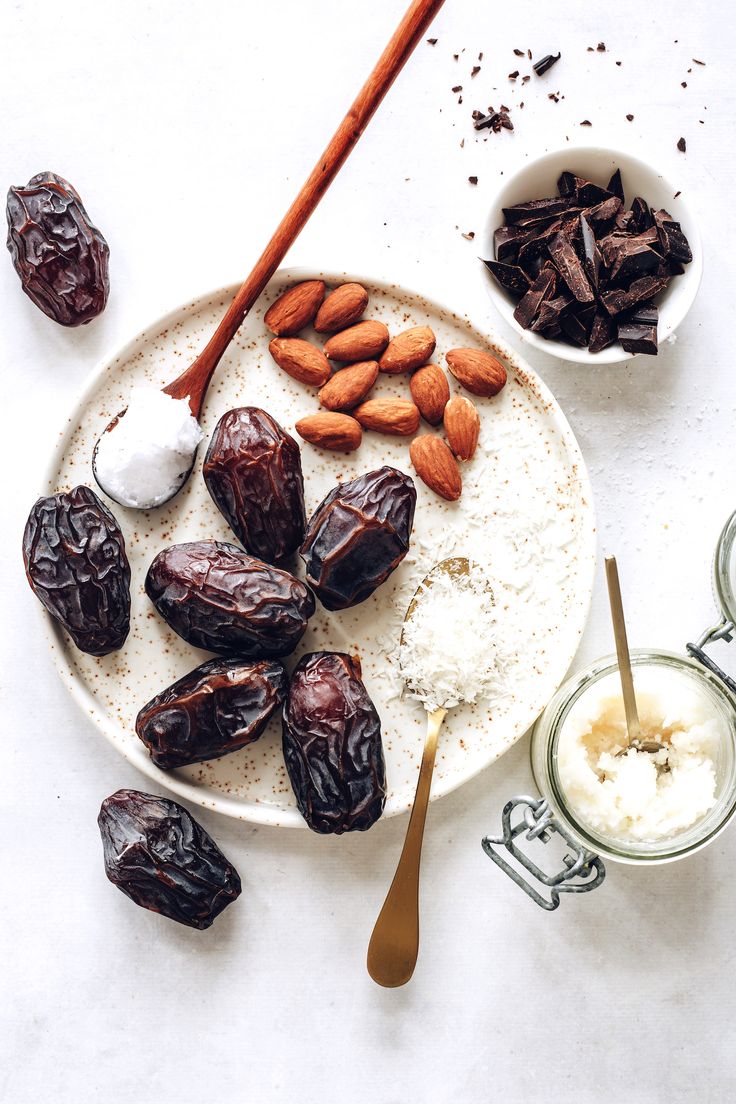Categories
The latest content
-

Customs Clearance & Import Regulations for Bulk Iranian Pinto Beans in EU, Middle East & Africa
..
-

Quality Control & Laboratory Testing Standards for Iranian Pinto Beans
..
-

Logistics & Shipping Solutions for Bulk Iranian Pinto Bean Exports
..
-

Minimum Order Quantity (MOQ) & Bulk Pricing for Iranian Pinto Bean Buyers
..

Tags
Logistics & Cold-Chain Shipping Solutions for Bulk Iranian Date Export

The global demand for Iranian dates continues to grow across the Middle East, Europe, Asia, and North America. As importers, wholesalers, and retailers increasingly recognize the value of premium varieties such as Mazafati, Sayer, Zahedi, Piarom, and Kabkab, the importance of efficient logistics and cold-chain shipping solutions cannot be overstated.
Exporting bulk dates successfully requires more than just sourcing high-quality products—it depends on specialized storage, packaging, and transportation systems that preserve freshness, extend shelf life, and meet international regulations.
Why Cold-Chain Logistics Matters in Date Exports?
Unlike durable dry commodities, many premium Iranian date varieties—especially Mazafati and Piarom—are highly sensitive to heat, humidity, and improper handling. Without cold-chain logistics, exporters risk:
• Spoilage and mold growth due to high moisture content.
• Loss of texture and flavor from prolonged exposure to heat.
• Reduced shelf life leading to customer dissatisfaction.
• Failure to meet import quality standards in regulated markets like the EU or North America.
By maintaining a controlled temperature range (0–5°C) throughout storage and transit, exporters can guarantee product integrity and safeguard against costly losses.
Packaging Solutions for Bulk Iranian Dates
Proper packaging plays a vital role in protecting dates during long-distance shipments. Exporters typically use:
• Food-grade plastic containers or cartons with inner liners for dry varieties like Zahedi and Sayer.
• Modified Atmosphere Packaging (MAP) for premium, semi-moist dates like Mazafati, which helps retain freshness.
• Vacuum-sealed packs to reduce oxygen exposure and prevent microbial growth.
• Eco-friendly packaging to appeal to European and North American markets with sustainability preferences.
Exporters who invest in innovative packaging not only preserve product quality but also enhance their brand image in competitive markets.
Shipping Methods for Bulk Date Exports
1. Sea Freight (Most Common)
• Best suited for large-volume shipments.
• Cost-effective for bulk buyers in the EU, Asia, and Africa.
• Cold-chain refrigerated containers (reefers) ensure dates arrive in optimal condition.
2. Air Freight (Premium & Urgent Orders)
• Ideal for high-value varieties like Mazafati where freshness is critical.
• Faster delivery times for markets like North America and East Asia.
• More expensive, but justified for premium retail or seasonal demand (e.g., Ramadan).
3. Road & Rail Transport (Regional Markets)
• Common for exports to neighboring countries in the Middle East and Central Asia.
• Requires insulated or refrigerated trucks to maintain temperature control.
Cold-Chain Solutions in Practice
A comprehensive cold-chain system for Iranian date exports typically includes:
1. Pre-cooling at Origin: Dates are cooled immediately after harvest and processing.
2. Cold Storage Warehouses: Maintained at consistent temperatures before shipment.
3. Refrigerated Containers (Reefers): Used for long-distance sea or land transport.
4. Temperature Monitoring Devices: Installed in containers to track real-time conditions.
5. Last-Mile Cold Logistics: Ensures consistent handling until delivery at importer’s facility.
Such solutions are critical for meeting ISO, HACCP, and Organic certification standards, which often require strict control over storage and transportation.
Key Challenges in Logistics & Export
While Iranian dates enjoy a strong global reputation, exporters often face challenges in logistics, such as:
• Customs delays causing temperature fluctuations.
• High costs of cold-chain infrastructure.
• Limited reefer availability during peak export seasons (e.g., Ramadan).
• Regulatory differences across the EU, Middle East, and Asia.
Overcoming these challenges requires partnerships with experienced logistics providers and proactive supply chain management.
Best Practices for Importers & Exporters
1. Plan Seasonal Shipments Early → Secure reefer capacity before Ramadan or Christmas demand surges.
2. Use Multi-Layer Packaging → Combine bulk cartons with inner liners to minimize moisture loss.
3. Partner with Reliable Logistics Providers → Choose companies experienced in agri-food cold-chain exports.
4. Invest in Quality Certifications → Importers in the EU and North America demand certified handling and transport.
5. Implement Real-Time Tracking → Digital monitoring ensures accountability and builds trust with buyers.
The Future of Iranian Date Logistics
As the global market for Iranian dates expands, logistics innovation will play a defining role. Trends include:
• Smart containers with IoT-enabled sensors.
• Eco-friendly reefer technologies to reduce carbon footprints.
• Blockchain tracking for transparency in the supply chain.
Exporters who adopt these solutions will gain a competitive edge in the evolving agri-food export industry.
Final Thoughts
Efficient logistics and cold-chain shipping are the backbone of successful Iranian date exports. With proper storage, packaging, and transportation, exporters can meet international standards, preserve freshness, and satisfy growing global demand.
At Tamila Agrifood, we specialize in providing reliable, large-scale shipments of premium Iranian dates, ensuring cold-chain integrity from origin to destination. Whether you’re sourcing for the EU, Middle East, Asia, or North America, our logistics expertise guarantees that your dates arrive fresh, flavorful, and market-ready.
Email: tamilaagrifood@gmail.com
Call / WhatsApp: +989141858935



